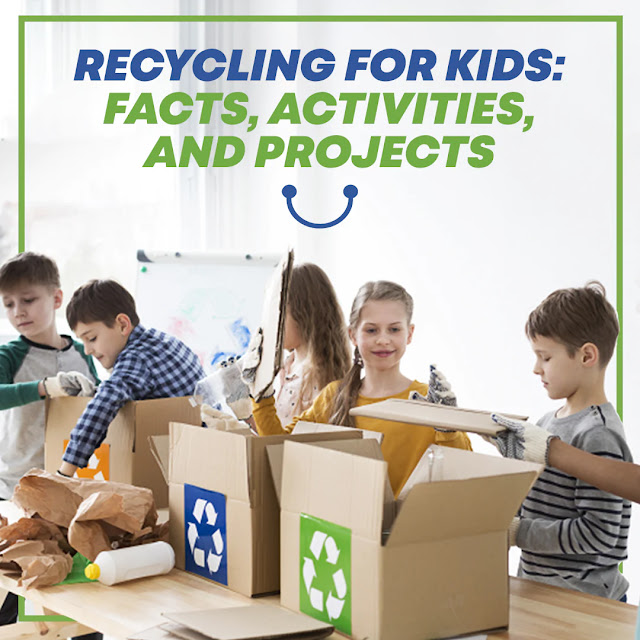12 Recycling Activities For Preschoolers
Use these 12 engaging preschool recycling activities to rekindle your relationship with your child. To make your home more environmentally friendly for future generations, turn off the TV and get rid of the electronics. Children might develop lasting habits from their innovative encounters with recycling projects.
- Your youngster should be encouraged to consider sustainability.
- Fewer household wastes are dumped in landfills.
- Reusing materials for creative projects might help you save money.
- Engage the entire family in enjoyable activities.
What can you make out of recycled things?
1. Playtime shop fronts and furniture.
Recycling projects in your backyard.
This preschool recycling exercise is sure to be a hit with the kids. Make a scarecrow out of household items that you no longer require. Choose something to utilise initially, such as some worn-out clothing, a worn-out pair of boots, or a cap. Then plan how you’ll fill it out and support it.
4. Make garden pots, vertical gardens and terrariums.
Old containers can be recycled into garden pots that can be hung or set on the ground, including plastic milk cartons, soft drink bottles, and ice cream containers. As an additional recycling project, you can decorate the recyclables with your kid.
5. Turn food waste into compost.
6. Reuse glass jars.
- Home-made jams.
- Snow globes.
- Glitter or galaxy jars
- Terrariums.
- Holding and cleaning paint brushes
- Storing oils and spices.
- Vases.
7. Craft with ice cream containers.
Ice cream containers are yet another recyclable item. To create elaborate arts and crafts like these DIY Santa Claus heads, you can cover them with felt and other materials or combine them to create a paper trash can.
8. Build a robot from boxes.
Construct a robot from cereal boxes, cardboard tubes, and other little cardboard boxes like toothpaste containers. Ideas are unlimited with some glue and sticky tape, just like a child’s imagination. Paint the finished product to provide a finishing touch.
9. Create a diorama with a shoebox and loose things.
Shoeboxes can be used to create dioramas, which are 3D replicas of a scene. Choose a theme, use poster paint to create the background inside the box, and then recycle other tiny boxes and loose recyclables to build the scene.
10. Reuse old kitchen utensils
Old pots and pans can be used as flower pots in the garden or as sensory play objects for your child to use with sand, dirt, or water instead of being disposed away. Additionally, they will be ecstatic to have actual pots and pans in their cardboard kitchen for pretend play.
11. Recycling ice cream lids.
Ice cream lids make a good paint palette if you need something to mix paint on, especially when demonstrating how to combine hues like red, yellow, and blue. Ice cream lids can also be used as coasters and decorations.
12. Repurpose old typewriters and electronic gadgets.
Roleplaying with ancient typewriters, keyboards, calculators, and cell phones may keep a child entertained for hours. Include these in your playtime cardboard stores. These outdated devices are nonetheless useful since they can be employed to motivate preschoolers to learn their alphabet and numbers.












